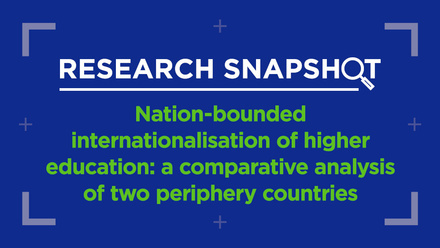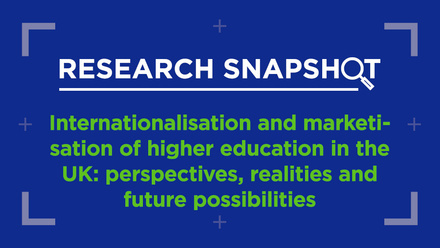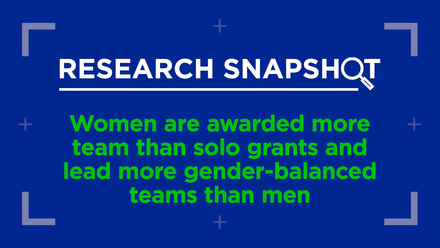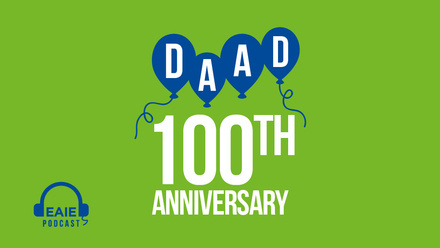Audience of one: gaining strategic support from university leadership

The EAIE Alumni Relations Expert Community has been assisting with the development of alumni relations programmes in European universities for more than twenty years. As we have observed programmes mature over the years, we have noted that some have thrived while others struggle. What we have discovered, not surprisingly, is that support from leadership has a lot of influence on programme success and employee satisfaction.
The question that we began to explore was how leadership within the university affects not only the success of the programme but the professional development and satisfaction of employees. What we discovered was that recent research puts supervisors, bosses and team leaders in the spotlight, often making them one of the main factors in employees’ satisfaction, retention and eventual career decisions, including staying or leaving.
We also questioned how the cultural context of the university and its leadership had an impact on professional satisfaction. While there are cultural differences affecting the wider societal context of each country, we learned that new or developing professions and professionals are especially sensitive to the way they and their work are treated, legitimised and positioned within higher education institutions.
Impact on professional identity
A recent study looked at alumni relations programme professionals at several Central and Eastern European universities. Based on a series of interviews, this research project identified three interconnected factors that have a significant impact on professional identity:
- institutional leadership support
- internal stakeholders’ perception
- how the unit is structured and positioned in the university
Interestingly, one of the observations of the study was that what others think of you, the way your professional area is positioned within your institution, and how it is treated in terms of resource allocation, among other things, all depend to a large extent on the institution’s leadership.
Based on this study, it is difficult to underestimate the role of institutional leadership in the way we construct our professional identities. All research participants who identified as having a robust professional identity also indicated a high or moderate level of support from their institutional leaders. A low level of leadership support appeared to correlate with the lack of professional area strategy and clear direction.
It is important to note that professional identity is linked to both the institutional structure and the individual agency. In linking these two factors together, many of us as professionals actively negotiate, plan and hopefully affect how our professional areas are perceived and positioned within our institutions. In this regard, study participants who identified as having a strong professional identity tended to report a greater sense of agency in responding to institutional structure and challenge. They could effectively deal with short-term professional agendas and institutional politics. They also appeared to have a more proactive and strategic institutional role, often challenging and seeking to change some elements of institutional structure and actively seeking and gaining access to the institution’s leadership.
Programme officers need to identify their audiences of one: the individual(s) that have decision-making authority
Which brings us to the next phase of our work and an invitation to participate in a Campfire session at the EAIE Annual Conference in Helsinki this September. As Chair of the session, Phil Conroy will share his experience in assisting programme managers to develop strategies and techniques to manage up.
Managing up: sharing experiences
If support from senior leadership is an important factor in programme and professional success, are there ways that the programme officer can influence up-line leadership as to the strategic importance of the programme to the university? Simply put, the answer is yes.
Programme officers need to identify their audiences of one: the individual(s) that have decision-making authority for the strategic positioning of their programmes and allocation of resources. Support from senior organisational leadership is recognised as key to programme success within an organisation as evidenced by the result of the research discussed above. The programme director needs to develop a strategy to influence the audience of one.
We also want to discuss how strategies for managing up are sensitive to the cultural environment of the institution. Some of these concepts may be challenging in certain cultural contexts. In North America and Western Europe, the techniques are quite common. Programme directors from Central and Eastern Europe may be less comfortable, since historically these cultures have been more top-down with middle managers reacting to direction from senior managers.
It is also common to hear programme managers and directors state that they don’t get involved in campus politics. That may be, but the objective is to be politically savvy and believe in the programme officer’s ability to influence how the programme is run and perceived within the organisation.






